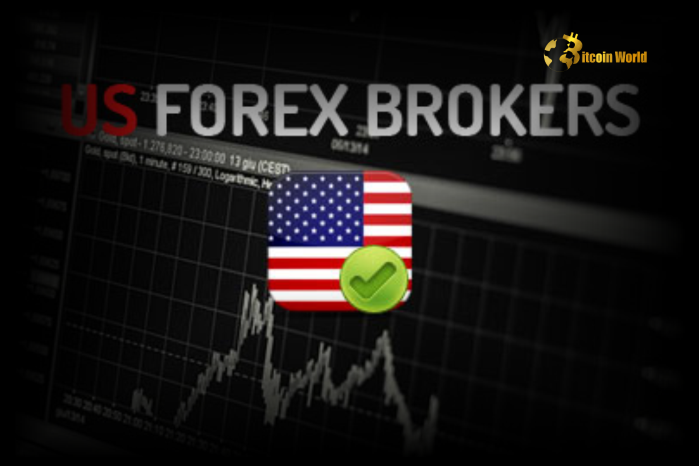Why Forex is Gaining Popularity in America
Why Forex is Gaining Popularity in America
Blog Article
A Beginner’s Guide to Forex Trading in America
International exchange, or Forex trading, draws millions of individuals in the United States every year. Their large measurement and liquidity make it one of the most desirable areas globally. However, forex trading for beginners. requires a unique and rigid approach to regulating Forex activities. If you're trying to deal currencies or just desire to know the way legitimate frameworks form the Forex market, understanding these rules is crucial.

Key Legal Frameworks Shaping Forex in the US
Forex regulation in the United Claims stands apart because thorough risk regulates and client protections. Two leading government figures oversee many Forex activities:
• Item Futures Trading Commission (CFTC)
• National Futures Association (NFA)
The CFTC, created in 1974, is tasked with regulating the futures and choices markets, foreign exchange included. The NFA, as a self-regulatory firm, works closely with the CFTC to enforce rules and keep equity in trading practices.
Registration and Compliance
Every Forex supplier or broker employing U.S. citizens should register with both the CFTC and NFA. These entities may also be required to adhere to rigorous functional criteria, including:
• Minimal net capital needs (often higher than in other countries)
• Continuous audits
• Strong anti-money laundering (AML) policies
• Clear chance disclosure
Violations can cause hefty fines or a lasting bar from the market. This regulatory structure aims to avoid fraud, defend investors, and increase market integrity.
Important Restrictions on Forex Actions
Foundational defenses impact how Forex runs in the U.S.:
• Influence limits: The NFA units a optimum control of 50:1 for key currency pairs and 20:1 for minors. This really is much below many world wide markets, supporting defend new traders from significant losses.
• Segregation of resources: U.S. legislation requires that client resources are held separate from broker functional funds. This evaluate safeguards traders in case a broker becomes insolvent.
• Marketing and disclosure: Firms must obviously explain risks, expenses, and trading mechanisms to clients. Misleading or intense solicitation techniques experience rigid penalties.
Enforcement and Penalties
U.S. agencies often check for fraudulent systems, insider trading, and illicit industry manipulation. Mathematical data from enforcement reports shows a constant structure of penalties and settlements recently, showing ongoing vigilance. That environment, while stricter than many parts of the world, produces a better playing area for retail and institutional traders alike.
What to Consider as a US Forex Trader
New tendencies reveal an ongoing increase in regulatory actions, an emphasis on client education, and continuous improvements to submission requirements. If you intend to business Forex in the U.S., it's important to:
• Validate a broker's active registration position
• Keep up-to-date with regulatory changes
• Evaluation risk disclosures before generally making trades
This approach diminishes unforeseen deficits and improves your prospects in a firmly managed but strong marketplace. By understanding appropriate rules, U.S. traders can confidently be involved in the Forex industry while keeping within the variables of the law.
Report this page